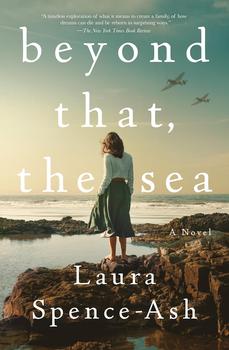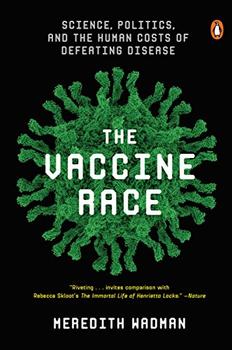Summary | Excerpt | Reading Guide | Reviews | Beyond the book | Read-Alikes | Genres & Themes | Author Bio

Gail Godwin's Flora paints a psychological portrait that is at once detailed and deceptive. The year is 1945, and we see the events of one pivotal summer through the eyes of Helen, an analytical narrator who is only ten years old. Helen couches her tale in the language of a mind still growing into itself, a perspective that is naively self-absorbed and precociously articulate in equal measure. Helen is coming of age alone with only her new caregiver, Flora, for company. They live in the North Carolina hills in a rambling house that was once a private sanatorium. Helen thinks she understands how the adult world works, even as she discovers she is missing some of the most crucial facts.
Godwin has stripped her stage of extraneous characters and sets. Helen has recently lost the beloved grandmother, Nonie, who raised her, and her father has been called away to do important war work. He has sent for Flora, her dead mother's cousin, to care for her for the summer, and when polio breaks out in the town, Helen isn't allowed out even to see her friends. In 1945, Helen is not the only one in transition. The war in Europe is over, and her father is one of the men working behind the scenes on the cataclysm that will end the war in Asia. Riveting world events are transpiring off stage, but Helen's domain is reduced to Flora and an empty house full of memories. She must learn to coexist intimately with this stranger, who brings with her perspectives about Helen's beloved family that seem new and threatening. Flora is a youthful adult, emotionally guileless and prone to cry at the drop of a hat. Helen, by contrast, is a child with an adult's calculating mind. Aside from occasional visits from a clergyman, a young Irish grocery deliveryman, Finn, is their only visitor. When he comes, he is both an interloper and a breath of fresh air.
Godwin's style reads as simple and spare, but what seems like simplicity is really a very tight focus. It soon becomes clear that the Helen recounting the story is an older Helen, an adult, herself a writer, engaged in the psychological work of reconstructing her younger self. She allows her imagination to revisit the summer that was a watershed moment in her childhood, and her vision of her younger self is unsparing as she seeks both to record and to understand what transpired. The writer's imagination tinkers with the past, even as it brings it vividly to life. When events take place out of young Helen's field of vision, old Helen can imagine precisely what must have occurred, right down to the dialog.
This layering of perspective is one of the most interesting aspects of Flora. On the book jacket, novelist John Irving aptly likens Godwin's achievement to the pared-down psychological stories of Alice Munro. There are shades of the familiar in Flora, themes a reader is likely to have seen before – say, in Ian McEwan's Atonement. Familiarity isn't necessarily a bad thing, and Flora makes for a pleasurable, comfortable read.
At times the plot contrivances Godwin employs to cut young Helen off from her regular circle of friends and family seem far-fetched – there are a few too many convenient devices for ratcheting up the intensity of Helen's isolated summer. It's also disconcerting to view so many of Helen's stories and relationships second-hand, through her later memories of them. But this remove serves to concentrate all the reader's attention on what goes on in Helen's mind, on her construction of herself and the conversations going on within her own thoughts. It's an exciting effect. The landmarks of history are being laid down in the world around, but in the center of everything a child can only be alone with her own thoughts.
![]() This review was originally published in The BookBrowse Review in June 2013, and has been updated for the
March 2014 edition.
Click here to go to this issue.
This review was originally published in The BookBrowse Review in June 2013, and has been updated for the
March 2014 edition.
Click here to go to this issue.

If you liked Flora, try these:

by Laura Spence-Ash
Published 2024
A sweeping, tenderhearted love story, Beyond That, the Sea by Laura Spence-Ash tells the story of two families living through World War II on opposite sides of the Atlantic Ocean, and the shy, irresistible young woman who will call them both her own.

by Meredith Wadman
Published 2018
The epic and controversial story of a major breakthrough in cell biology that led to the conquest of rubella and other devastating diseases.
Music is the pleasure the human mind experiences from counting without being aware that it is counting
Click Here to find out who said this, as well as discovering other famous literary quotes!
Your guide toexceptional books
BookBrowse seeks out and recommends the best in contemporary fiction and nonfiction—books that not only engage and entertain but also deepen our understanding of ourselves and the world around us.